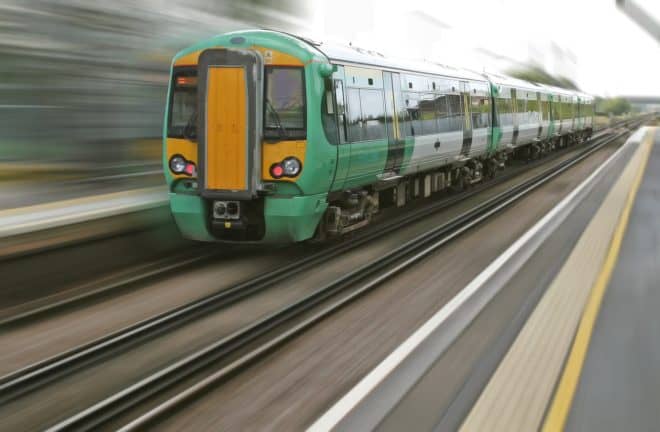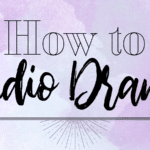Don’t listen to your podcasts at 1.5x speed! Or do it, I don’t know

You know that feeling after you get back from a vacation and you check your DVR and see a week’s worth of backlogged TV shows? It’s a weird mix of anxiety, but also joy. You get fresh new content of your favorite shows but you need to catch up.
Imagine that same feeling, but everyday. Instead of your TV backlog, it’s your podcast subscriptions. What do you do? How do you prioritize? The inbox-zero completionist folks freak out.
This is the main driver podcast listeners are rapidly adopting speed listening to their podcasts. Whether it’s listening at 1.25x, 1.5x, 2x or nearly any other speed, this advanced feature lets you cram more podcasts in less time. Think when Neo gets uploaded with Kung Fu from The Matrix, like that, only for podcasts.
The question, “how did we get here?” is pretty easy to answer. By most counts, we’re rapidly approaching 500,000 podcasts and this is still accelerating. The low barrier of entry combined with so many people having a creative itch, is a recipe where everyone and their mother is starting a podcast. There are so many podcasts it’s impossible to stay up-to-date without hooking up your RSS feed intravenously. This is a double-edged sword though. There are a lot of podcasts, yes, but they range in terms of quality and the only way you can decipher where they land on that spectrum is to give them a try. Thus, speed listening emerges.
But what about those on the other side of the equation? How do the podcasters — literally spending hours perfecting how their podcast sounds — feel knowing people are freebasing their hard work?
When I asked This American Life alum and current host of Heavyweight, Jonathan Goldstein, this question, his response was concise, “the word coming to mind is ‘abomination.’” Highly produced podcasts such as those Goldstein works on, have teams spending hours in the editing room making sure the narrative is perfectly optimized for listeners. They are earnest in cutting all the extra fat and making sure the timing of the story is perfect for their audience. Speeding through their podcasts is akin to skimming a literary masterpiece. Despite being staunchly against speed listening, Goldstein admitted he’ll listen to less-produced podcasts at 1.5x speed.
Helen Zaltzman, host of The Allusionist and Answer Me This answered with a much more realistic outlook, “Whenever you create something for anyone’s consumption except your own, you have to accept once you’ve done it, you don’t have control over what the recipient does with it. I don’t like it, but I get it.” She went on to confess that she’ll occasionally listen at sped up rates when it’s an interview style podcast or other talking heads. Her concern is valid, however. She continues, “It’s a bit of a problem because when you’re making things, they’re not made to be consumed in that way.”
Because highly-produced quality podcasts aim to trim the superfluous audio, podcasters are worried the information might not be absorbed as intended. Based on imperfect internet research, unfortunately, there’s nothing I found to prove or disprove the area of speed listening and comprehension.
Both Zaltzman and Goldstein admit they’re not fans of people speed listening their podcasts, but they also confess they speed listen themselves. So, I don’t think there’s any right way to listen to podcasts. What do you think?













Comments
Comments are closed.